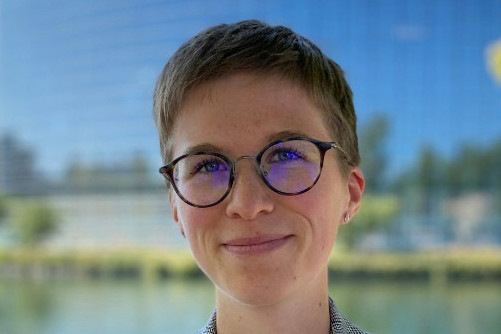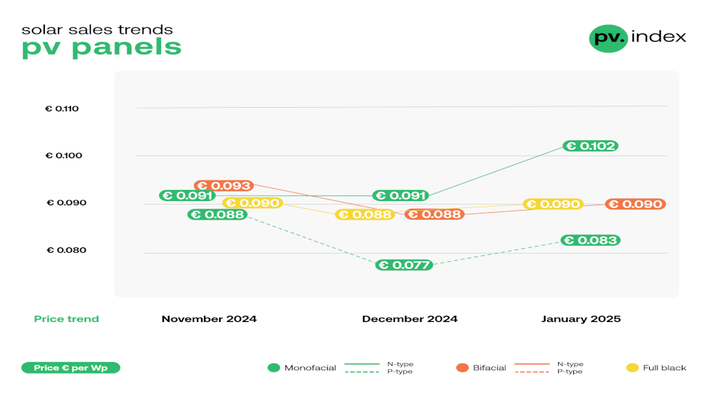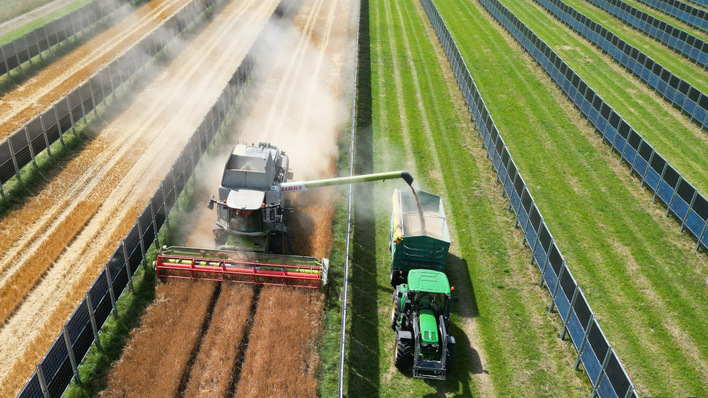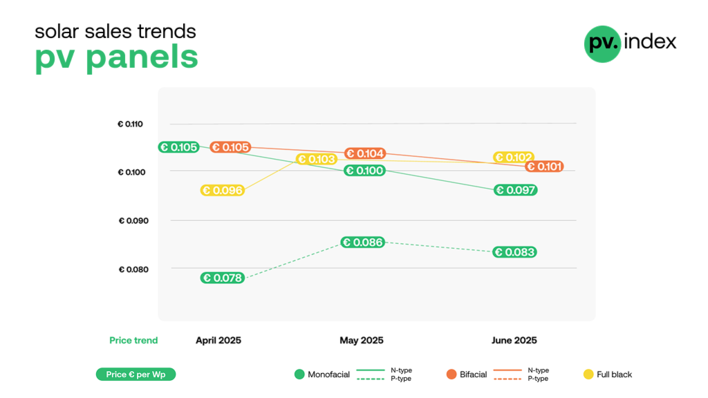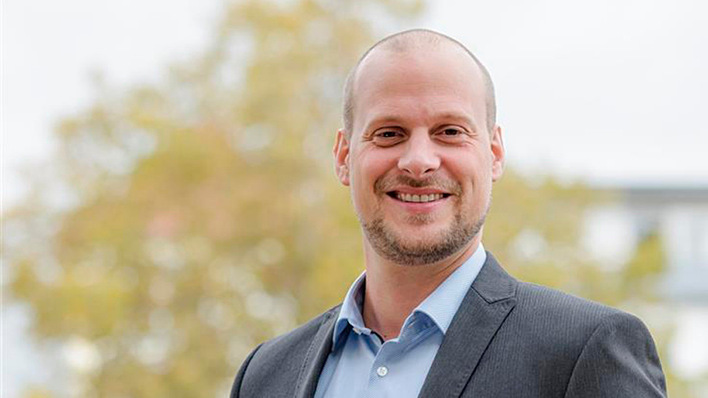The accelerated expansion of renewable energies and growing electrification are enabling progress to be made towards climate neutrality. However, this is leading to a significant increase in demand for electricity. For example, the scenarios published by the French transmission system operator RTE (in French) for the French electricity system in 2050 assume an increase in electricity consumption of 35 per cent compared to 2022. This corresponds to a total consumption of around 645 terawatt hours.
See also: Q Energy builds large battery storage facility in France
This growing demand combined with the fluctuating generation of renewable energies requires an increase in flexibility potential. Sector coupling refers to the utilisation of synergies between energy sources and through the networking of different sectors. The aim is to optimise energy efficiency and reduce final energy consumption and greenhouse gas emissions. In this context, sector coupling can make an important contribution to grid stability and decarbonisation of the energy system and thus contribute to the success of the energy transition. Specific sector coupling projects are being developed in the mobility and heating sectors, for example, as well as in the area of storage.
Also interesting: France plans a five-gigawatt PV gigafactory
The legal framework for sector coupling in Germany and France, examples of technological options, the challenges for transmission and distribution grids and business models for accelerating sector coupling are important aspects of this topic. (mfo)



